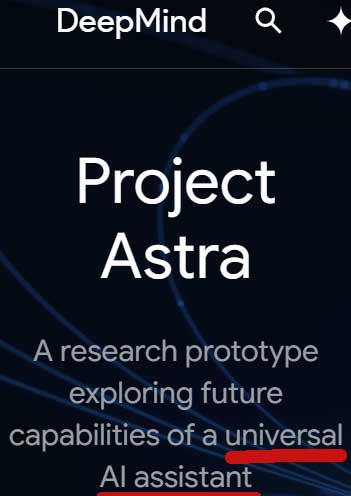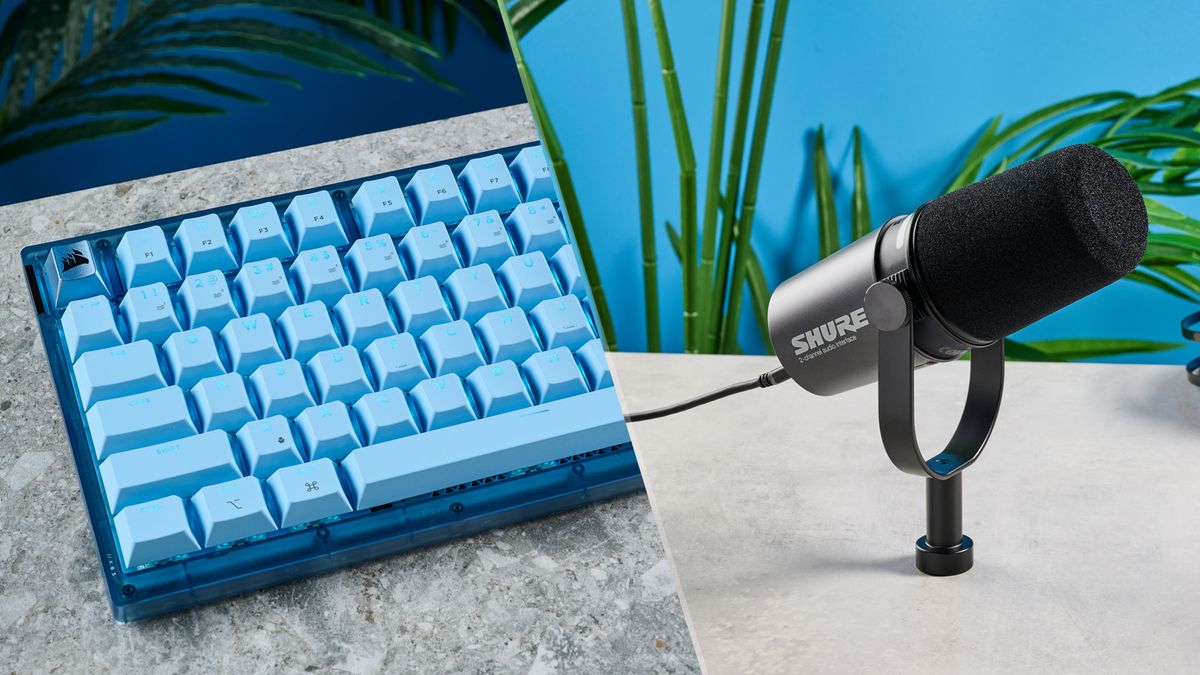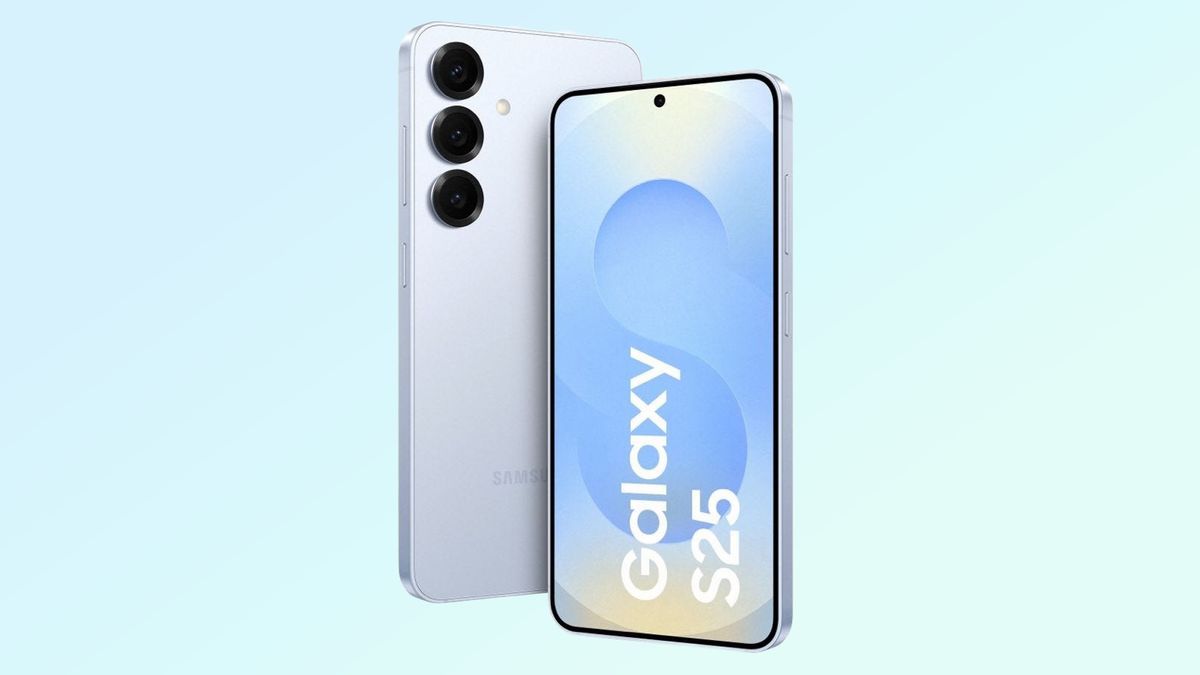Google’s Sundar Pichai outlined the 2025 strategy, emphasizing consumer-focused AI, rapid development of agentic apps, a Chrome AI prototype called Project Mariner, and upgrades to Gemini and Project Astra, signaling a shift toward AI apps as the user interface for search.
Although Pichai did not say Google is de-emphasizing the Google Search box, he did emphasize that 2025 will increase the focus on AI apps as the main point of contact between users and how they interact with Google.
For example, Project Mariner is a Chrome AI extension that can do things like take a top ten restaurants list from TripAdvisor and drop it into Google Maps.
This focus on AI shows that Google is in transition toward an AI-based user experiences that represent a larger interpretation of what Search means, a search experience that goes far beyond textual question and answering.
Google’s Future Hinges On AI
Google CEO, Sundar Pichai, outlined a vision for 2025 that emphasizes an urgency to go back to its roots as a company that innovates quickly, what Pichai referred to as being “scrappy” which means being tough and resourceful, able to accomplish a lot in a quick amount of time (and fewer resources). Most importantly he emphasized solving real-world problems.
He also prioritizes “building big, new business” which could mean creating new business opportunities with AI, reflecting a strong focus on AI as the engine for innovation in 2025.
Gemini App
Pichai also cited Gemini App as a central focus for 2025, commenting that they’re experiencing growth with Gemini and that scaling broader adoption of Gemini will be a focus in 2025. This aligns with the observation that Google is increasingly focusing on a Search-adjacent approach to consumer focused AI products and services.
What this means for SEO is that we really need to start thinking in terms of a bigger picture of what Search means. Perhaps 2025 will be, after over 15 years of Google’s departure from the ten blue links paradigm, that the SEO community thinks deeper about what search means when it’s multimodal.
Pichai was quoted as saying:
“With the Gemini app, there is strong momentum, particularly over the last few months… But we have some work to do in 2025 to close the gap and establish a leadership position there as well. …Scaling Gemini on the consumer side will be our biggest focus next year.”
AI Products Will “Evolve Massively”
The co-founder of Google Deep Mind was quoted as saying that Google was going to “turbo charge” the Gemini app, saying that:
“…the products themselves are going to evolve massively over the next year or two.”
That means that the Gemini app is going to gain more functionalities in a bid to make it more ubiquitous as the interface between potential website visitors and Google Search, a significant departure from interfacing with the search box.
This is something that publishers and SEOs need to think really hard about as we enter 2025. Google is focusing on increasing user adoption of the Gemini app. If that happens then that will mean more people interfacing with that instead of the Google Search box.
Universal Assistant (Project Astra)
Another thing that the SEO industry seriously needs to consider is Google’s universal assistant that’s code-named Project Astra. The Deep Mind co-founder is reported to have discussed their Universal Assistant, which what Project Astra is referred as.

He’s quoted as saying that it can:
“…seamlessly operate over any domain, any modality or any device.”
What that word “domain” means is that it can function across any subject, like answering questions about healthcare, directions, entertainment, over any topic. The part about modality is a reference to text, voice, images, and video.
This is a serious situation for SEO. Google’s new Deep Research agentic search is an example of a disruptive technology that may have a negative impact on the web ecosystem.
One of the Google Deep Mind researchers cited as working on Project Astra is also listed as a co-inventor on a patent about controlling interactive AI agents through multi-modal inputs.
The patent is titled, Controlling Interactive Agents Using Multi-Modal Inputs. The description of the invention is:
“Methods, systems, and apparatus, including computer programs encoded on a computer storage medium, for controlling agents. In particular, an interactive agent can be controlled based on multi-modal inputs that include both an observation image and a natural language text sequence.”
That’s just one of dozens of researchers cited as having worked on Project Astra. Astra is another one of the projects that Google is working on that replaces the traditional search box as people’s point of contact for interacting with web data.
Takeaway About Google’s Plans For 2025
The takeaway from all this is that publishers and SEOs need to take a break from focusing solely on the search box and give some time to considering what’s going on in multimodal AI. In 2025, AI is not just AI Overviews. AI is Gemini, it’s new features coming to Gemini and possibly the release of features developed from Project Astra, a multimodal universal agent. Agentic Search is already here in the form of Gemini Deep Research. All of these are a departure from the traditional search box as the point of contact between users, Google and websites.
Read the report on CNBC
Google CEO Pichai tells employees to gear up for big 2025: ‘The stakes are high’
 1 week ago
9
1 week ago
9




















 English (US) ·
English (US) ·